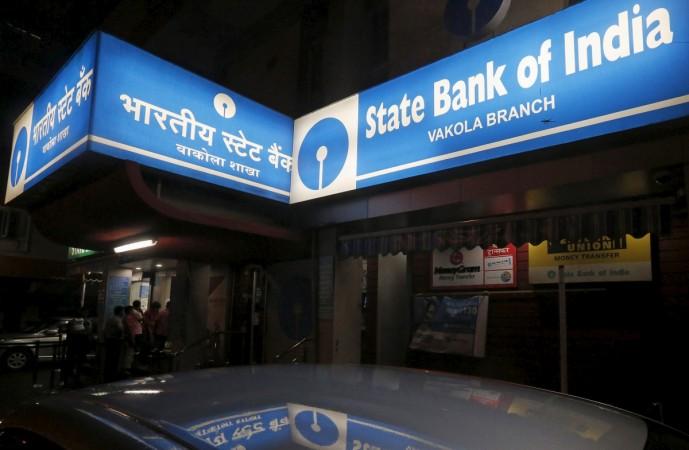
India will consider merging some of its more than two dozen state-run banks, Finance Minister Arun Jaitley said Saturday, as the government seeks to improve efficiency at the ailing lenders that dominate the nation's banking sector.
Bankers have "strongly supported" the idea of consolidation, suggesting the government form a panel of experts to devise a merger strategy, Jaitley said after a two-day annual brainstorming event of industry leaders and officials from the central bank and finance ministry.
State-run lenders hold more than two-thirds of assets in India's banking industry. But they also hold about 85 percent of non-performing loans after adding toxic assets at a faster pace than their private-sector rivals, hurting profitability.
About 40 percent of Indians have little access to formal banking channels, yet industry analysts question the need to have more than two dozen government-owned lenders.
"You need strong banks rather than numerically a larger number," Jaitley said. "What is the best course for consolidation? Where do you start from? Which are the banks to be considered?"
He added the planned panel would consider options such as making some banks subsidiaries under a holding company, merging a weaker bank with a stronger bank, or allowing banks that are stronger in a particular region to merge.
Reserve Banke of India Governor Raghuram Rajan said in January it was "premature" to talk of bank mergers when bank managements were preoccupied with dealing with stressed assets.
Jaitley said Saturday it was too early to say how many state-run banks would emerge at the end of a consolidation process and declined to give any timeline for the shake-up.
Among other measures, Jaitley said, the government was considering an employee stock option plan for state-run banks, where senior executives earn far less than their private sector counterparts.
He also said the government was considering amending some rules, including strengthening the debt recovery tribunals, to help banks recover bad loans more quickly.










